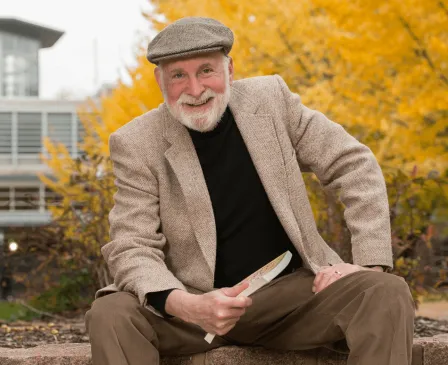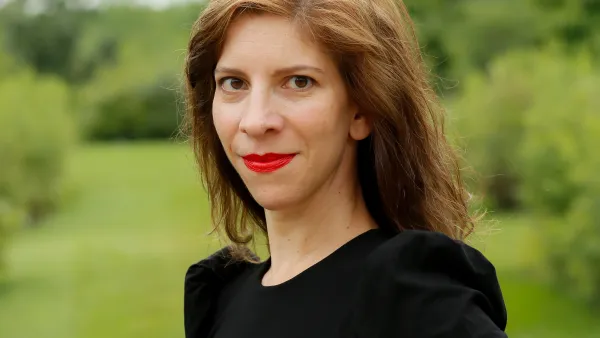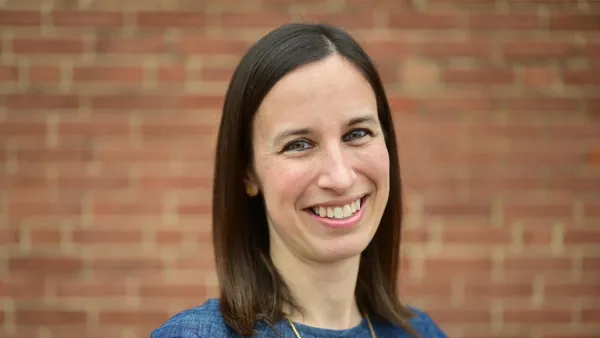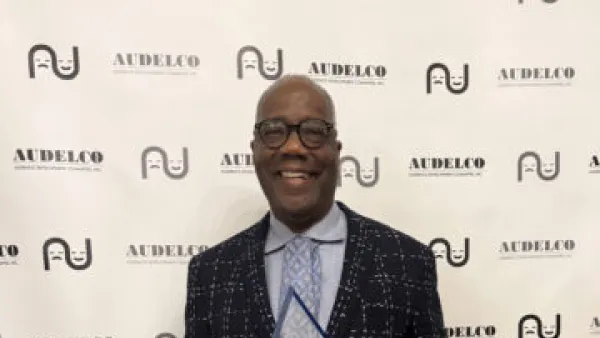Henry Schvey, professor of drama and comparative literature, reflects on an over three decade career in the performing arts at WashU.
When did you first join the Performing Arts Department? What’s something that has changed about the department or university since then?


I arrived in the fall of 1987 from the Netherlands, where I was a professor of English at the University of Leiden from 1973-87. I was also artistic director of the Leiden English Speaking Theatre. I came to WU as a chair.
From a personal standpoint, I felt that my mission was to help create a performing arts culture here at WU, the university known for the hard sciences. You would be amazed at how many people did not know we even had a performing arts department or a 650-seat Edison Theatre (along with two other performance spaces) right on campus. I think I helped change that perception over time.
One thing that has changed for the better is the perception of the arts and arts practice within the university. The position of professor of the practice is a good example. When I arrived and for the next two decades or so, the position of the artists-in-residence (as they were then called) felt vulnerable and marginalized, even though these artists/teachers were at the top of their professions and held the highest academic degree (MFA) possible. There was a two-tiered system in place between other academics and faculty in acting, directing, dance, design (and one might also add music). The disparity between women and men’s salaries was also marked. These things have changed for the better or are changing. I think the university administration realizes that there are more and different ways of providing information and doing research than writing papers and books, and that information conveyed through the expressive body or shape is just as valuable as that conveyed through other means.
What have you enjoyed about working at WashU?
This question is the easiest to answer: the students! Over the decades I have been blessed with hundreds of truly remarkable students. They have come from a multitude of backgrounds and ethnicities, but one thing I can generalize about is that our students from day one have impressed me with their generosity of spirit, intellectual curiosity and eagerness to learn and to express themselves. It has unequivocally been a tremendous place to teach and I have felt this from my first day in August 1987 to today’s most recent class. I feel incredibly fortunate to have been here for these thirty-seven years!
I have found that our students who study the performing arts at WU are often quite different from other prestigious universities. Yes, we have majors in drama and dance, but students need not major in one of these to leave a distinct impression on the department. Some of our most talented students are young people who have come to WU to study biology, mathematics, physics, classics or history, and along the way have developed a passion for the arts. That passion may have been kindled in high school, or it may have come from visiting an acting class, a chance audition, or seeing one of our performances. But our students, I believe, are able to combine the best sort of liberal arts education with the kind of self-expression that serves them well in future — whether or not they end up pursuing theater or dance. At the same time, those who do discover that their life’s work is in the arts are offered an education that is second to none.
Our students come to the arts with a spirit of critical and intellectual inquiry that matches their fellow students in other disciplines. They did not come here to be “discovered” or “become a star”; they came to the PAD because of the department’s culture, which in my experience has been extremely generous and caring — not cutthroat or negative. The performing arts at WU are another form of scientific investigation — and drama, dance or design require a rigor that is the equal of any typically academic discipline. Often our students major (or double major) in other things, but they find their love in the performing arts and the bond between students and our faculty has been and is both real and lasting.
Another thing I have enjoyed tremendously here is the bond forged between colleagues. Many of my colleagues in drama, dance and design have been here at WU nearly as long as I, and we have formed vital, unforgettable, life-long friendships. There is something about collaboration in the arts that creates bonds with the students and between professional colleagues that is unique.
As for me, no research paper or book ever produces the thrill of the rehearsal room or the electricity of a production that rivets or cuts through an audience like the blade of a knife.
Did you have a favorite course to teach?
Too many to mention, but among my favorites (in no particular order) are: “What is Art?: Ways of Seeing,” “Modernism and the Other Arts,”“Tennessee Williams,” “Shakespeare in Production: The Comedies,” “Hamlet,” “Madness in the Theatre from Sophocles to Shepard,” “Metatheatre,” “The History of the Theatre from Ancient Greece through the Renaissance,” “Metamorphoses: Ancient Myth and Modern Theatre,” and “The American Family Drama.”
Do you have any favorite memories from your career?
Here are some of the most memorable:
- Playwright Peter Shaffer attending “Equus,” my first PAD show (1988)
- Sitting beside James Lapine watching a colleague’s brilliant production of his (and Stephen Sondheim’s) “Into the Woods”
- Bringing the Black Light Theatre of Prague and Peking Opera to Edison Theatre’s Ovations!
- Starting the Shakespeare’s Globe Program: the first U.S. university to establish affiliation with the newly rebuilt Globe Theatre in London (1990—Present)
- Seeing PAD productions of “The Tempest” and “Midsummer” sell out Edison Theatre
- Hosting the only conference in the U.S. commemorating Eugene O’Neill’s Centennial
- Hosting an international conference on Tennessee Williams (including the world premiere of a play he wrote at WashU)
- Collaborating with Dr. Richard Selzer on his only play, “The Black Swan”
- Dedicating the A.E. Hotchner Studio Theatre and the Annelise Mertz Dance Studio
- Hosting the conference “Lifting the Veil: On Soviet Theatre”
- Bringing my former Dutch company, LEST (Leiden English Speaking Theatre) to WU
- Hosting WU Alum Harold Ramis for his Honorary Degree at WU
- Staging A.E. Hotchner’s “Café Universe” (a collection of Hemingway stories adapted by Hotchner) with members of the Hemingway Family in attendance
- Starting a program with legendary alums from the Actors Studio (Shelley Winters, Ellen Burstyn)
What are you looking forward to in retirement?
Deciding what my next career will be. I’m hoping it will be just as stimulating as this one.
From the Performing Arts Department: Thank you, Henry, for your many years of dedication. You have made a lasting impact on the department, the university, and our students.



